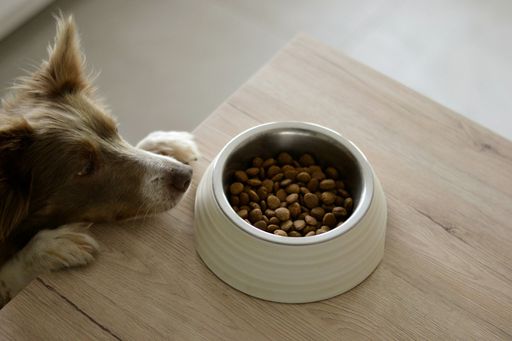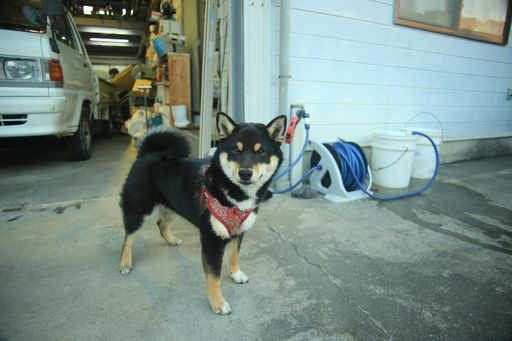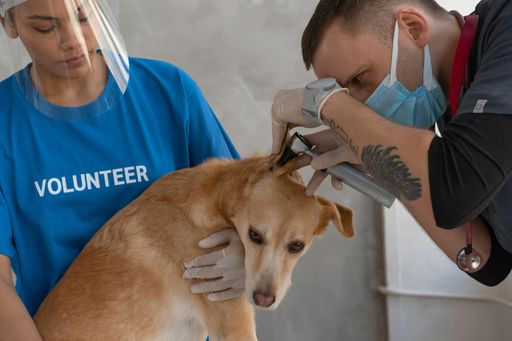If your dog is awake all night trying to get your attention, you're not going to get much rest. Training your pup to get into a nightly sleep routine at a young age will allow you to get the sleep your body requires. Not only will it benefit you, but the routine will also help your dog to maintain regularity throughout its life. So how do you get your dog to go to sleep when you do? Here are some ways to develop your puppy's sleep schedule.
Get Your Pup Moving
Taking your pooch for walks or playing games are sure-fire ways to wear your pup out. Much like a child, a dog needs an outlet for releasing energy; otherwise, it will be awake periodically throughout the night. If you make sure your dog gets at least two hours of exercise daily, you'll be able to watch your dog sleep all night.
Consider taking your dog for a walk or run later in the day. Leave at least an hour of downtime after you get back from the walk so your pup can wind down before bed. The closer to your bedtime you exercise with your dog, the easier it will be for your pooch to fall asleep when you're ready.
If you work outside of the home, you won't have the opportunity to exercise with or play with your dog during those hours away. Two possible options to guarantee your pooch will get proper exercise are to hire a dog walker or take your dog to a doggy daycare. Also, provide your dog with toys such as puzzles that will encourage thought. Mental stimulation is just as important as physical activity.
Stick to a Routine
Maintaining a routine during the day will help to build a consistent sleep schedule. Try to feed, walk and play with your dog at the same times each day so your pup knows what to expect and when. While it might not be as easy to keep this set schedule on weekends, do your best to stick to it.
Take your pup out for one last bathroom break before going to bed. This final potty break will remove your dog's urge to make a trip outside in the middle of the night, which will ensure neither you nor your dog will be roused from a deep sleep. Also, don't feed your pooch for at least three hours before you go to bed, or you'll encourage a late-night bathroom trip.
Give Your Dog a Bed
Many people let their dogs sleep with them. While allowing your dog to sleep in your bed is an option, you should wait to try it. It's best to give your pup a pet bed until you can get your dog accustomed to sleeping through the night. Once this schedule is established, go ahead and invite your dog to sleep with you.
If you'd rather your dog continue to sleep in a pet bed, that's acceptable, too. In fact, dogs that toss and turn or bark at night are liable to wake up their owners. Conversely, if pet parents fidget at night, they might keep your dogs awake. Additionally, if you suffer from asthma or allergies, it's best to sleep separately.
Try Crate Training
Crate training is an excellent choice for new dogs or puppies who aren't used to your sleep schedule. Simply have your dog go into the crate when you're ready for bed and get your pooch back out when you wake up. Because dogs' sleep cycles are influenced by melatonin, creating a dark environment is crucial. If you purchase a wire crate, drape a cover over it at night. To make this space comforting and inviting, add a fluffy blanket and your pup's favorite toy. Don't forget to turn the lights off to make the room as dark as possible. Doing all of these things will help your dog fall asleep in no time.
Check for Medical Issues
Pet owners can tell when something is off with their pet. If your dog isn't sleeping at night, it could be a sign of illness or injury. Monitor your dog's ability to walk and desire to eat. Limited mobility signifies muscle or bone pain, whereas eating less may indicate an illness or a stomach ailment. Even if you don't notice any issues except lack of sleep, taking your dog to the vet is still beneficial. Your veterinarian can run tests to find out if something is wrong.
Conclusion
Getting your dog into a sleep routine may take time and effort on your part, but once you get your pup on a schedule, your nights will be much more restful. After a good night's sleep, you'll both be prepared to face the day together.



















